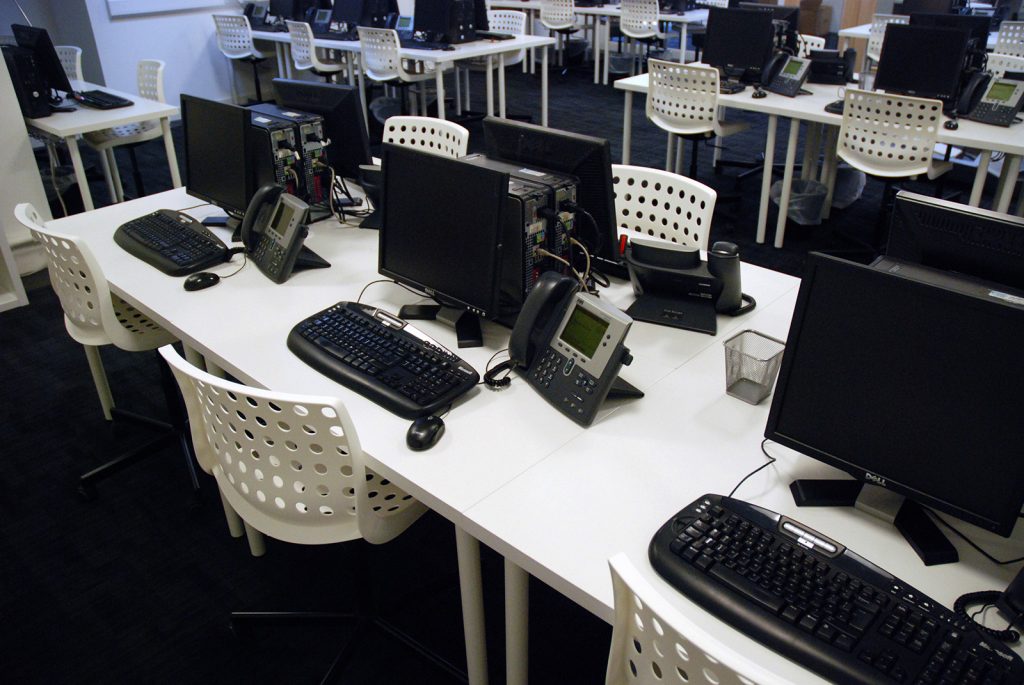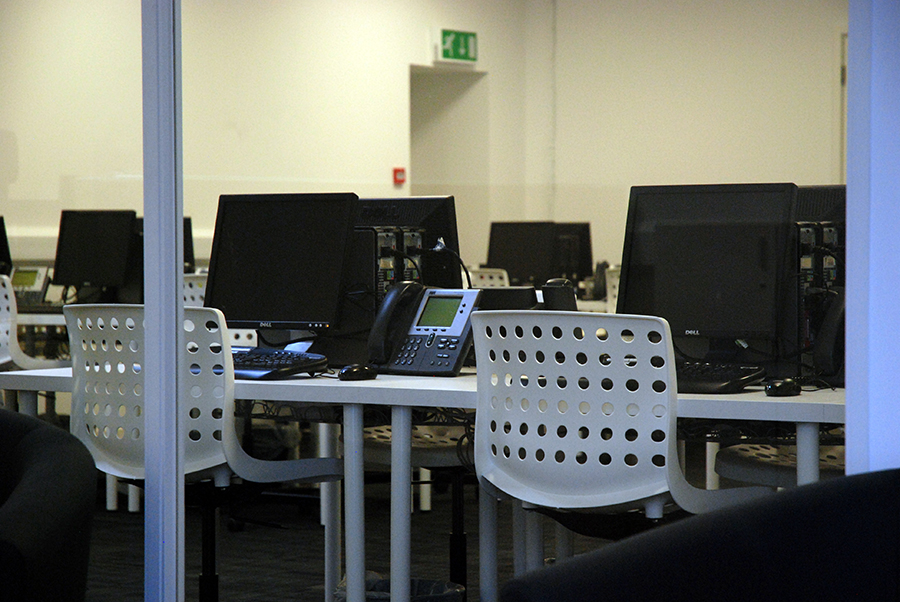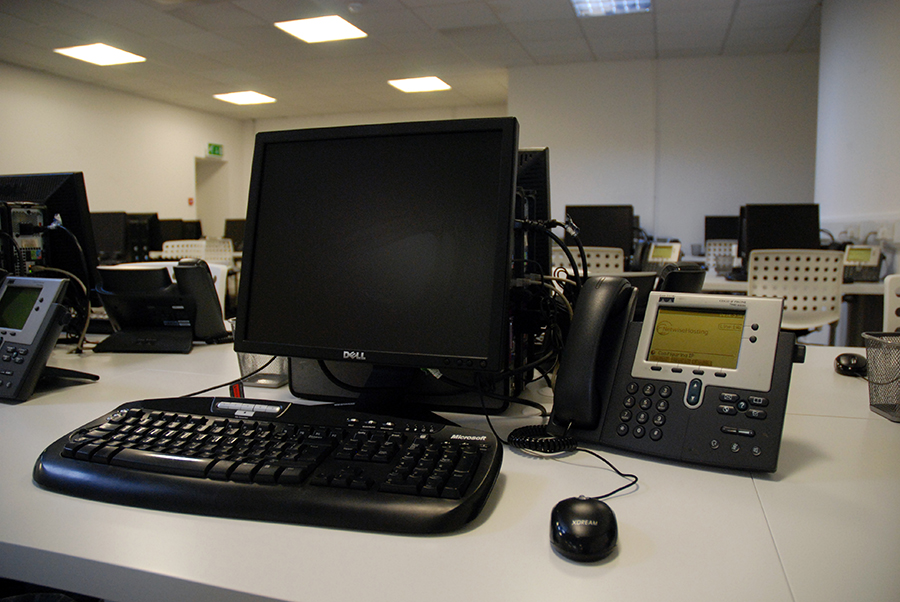In the modern world of business, technology is king. The vast majority of core business functions rely on implicitly on critical technology. This is especially true when one considers the housing of business-sensitive data. With modern technological advances, it’s now easier than ever for businesses to house their data in many different ways.
Colocation services, which combine space, equipment, and security measures for your data into one packaged service, are particularly popular. If you’re in the market for London colocation services, you’re in the right place. In this article, we’ll give you seven tips to guide your buying process as you decide on a colocation centre for your business data.
1. Power is king
When it comes to colocation services, it’s true to say that power is king. The amount of power and how it is delivered should be an essential guiding factor in your decision-making process. If you do a poor job of estimating how much power your business will need, both now and in the future, there’s a good chance that you could end up choosing a colocation centre that simply won’t be able to meet your eventual requirements.
To avoid any hiccups here, make sure you do your due diligence before issuing an RFP. Figure out exactly what your power requirements are, not only right now, but also during peak times and as you expand. Some facilities allow you to purchase power as you go (metered power), while others will require you to purchase a certain threshold of power regardless of how much you really use. One option may be cheaper than the other for you, depending on your power requirements.
2. Think long-term scalability
When deciding on a London colocation centre, don’t just decide on a facility that fits your needs right now. Instead, remember that you want to work with an operator that will scale alongside your business.
Many colocation contracts are for a minimum of one to three years. So ask yourself where your business will be several years from now. If you plan on introducing new technologies, changing how you store data, or make any other significant changes that will affect your power requirements, be sure to factor that into your decision-making process.
You should have a good idea of whether or not your operator of choice will meet your needs now and in the future. Skip this step, and you could easily find yourself trying to break or renegotiate a contract a couple of years down the road.
3. Check uptime reports
One of the most important considerations when a purchasing colocation service is uptime. After all, every minute your network is unavailable will likely cost your business money. Your employees are unable to work, rendering them completely unproductive. But worse yet, if your clients are on the same network, then the disruption to their service will certainly have untold consequences on your ability to retain their business when their contracts come to renewal.
Make sure you never sacrifice anything when choosing a colocation centre, including a poor uptime record. Instead, you want to choose the most reliable option available to you. The facility should have round-the-clock support services, so even if your systems go down overnight, there’s an expert who can help you troubleshoot and fix the issue. This is not the place to skimp on costs.
4. Assess security protocols
Rapid advances in technology have come with an unfortunate consequence: a sudden proliferation in cybercrime. It could be a hacker trying to redirect funds from business operations to a personal accounts. Or, it could be one of your competitors trying to steal proprietary technology. Either way, it’s bad for your business.
That’s why you need to ensure that the operator offers premium-level security. Again, this is not somewhere you want to skimp on costs. A data breach could compromise your entire network, not to mention client data. Remember that physical security should also be a consideration. The data centre should have stringent measures in place that prevent those with ulterior motives from accessing your equipment.
5. Check audit compliance
Few things can be as significant in setting back a company as finding yourself on the wrong side of an audit. With all of the different certifications and regulations in this industry, there are now several different audits that your organisation probably has to face every year.
Make sure that your colocation centre of choice meets any certification requirements and will cooperate with any company or third-party audits.
6. Look at total pricing
Last but not least, make sure that you’re looking at total pricing before you sign on the dotted line. Many cheap colocation centres will ‘nickel and dime’ you for things like additional cable routing and remote hands, so be sure that you’re well aware of all the fees for any service upgrades you may require.
Choose the right London colocation centre for your business needs
There you have it — now you know how to choose a colocation centre for your business. Be sure to check out our London colocation facilities if you’re looking for reliable, secure, high-value services.



